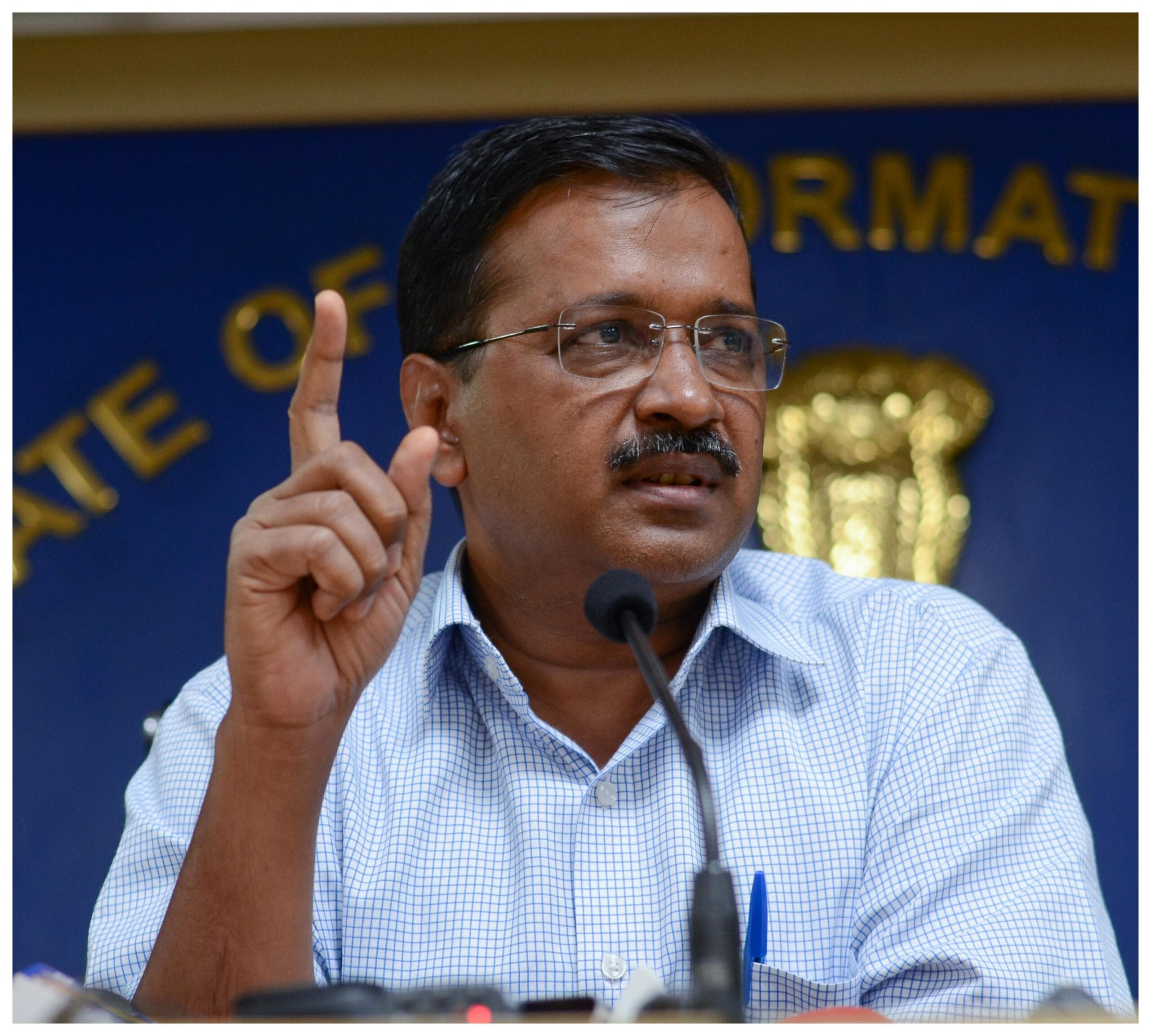Delhi Chief Minister Arvind Kejriwal has become the first serving chief minister to be arrested. On Thursday evening, the Enforcement Directorate (ED) arrested him in connection with the Delhi liquor policy case. With this development, Kejriwal has become the third senior leader from the Aam Aadmi Party (AAP) to be arrested in this case. Kejriwal and his party, AAP, have maintained that he will continue to govern even from behind bars, but what does the law say on the matter?
Kejriwal was detained after the Delhi High Court refused to grant him protection from arrest in the liquor policy case. Despite nine previous summonses from the ED, He had not appeared for questioning, leading to his eventual arrest.
The AAP leadership had stated earlier that Kejriwal would continue as chief minister of Delhi, even if he was arrested. The party has remained steadfast in its position, as Delhi Government Minister Atishi reiterated this stance on Thursday following Kejriwal’s arrest. However, the feasibility of governing from prison raises legal and logistical questions.
Can a minister continue to hold office behind bars?
According to the law, constitutional post holders such as the President of India and governors enjoy immunity from civil and criminal proceedings during their term. However, this protection does not extend to prime ministers and chief ministers.
That being said, the Representation of the People Act, 1951, outlines disqualification provisions for certain offences, but conviction is necessary for disqualification.
In Kejriwal’s case, he has not been convicted yet, meaning he can technically and legally continue in office.
However, running the government from prison presents practical challenges. Kejriwal’s cabinet already includes two former ministers, Manish Sisodia and Satyendar Jain, who are behind bars.
Which other chief ministers have been arrested in the past?
Kejriwal’s arrest is not unprecedented in Indian politics. Most recently, Hemant Soren, former chief minister of Jharkhand, was arrested in January in connection to a money laundering case. However, Soren insisted on resigning as chief minister before signing the arrest memo. He further insisted on stopping by the Raj Bhavan to hand in his resignation before being taken in to maintain the distinction between “serving” and “former” chief minister.
Other former chief ministers who have spent time behind bars include Lalu Prasad Yadav, J Jayalalithaa, Chandrababu Naidu, and Om Prakash Chautala.
Visit www.cagurujiclasses.com for practical courses










